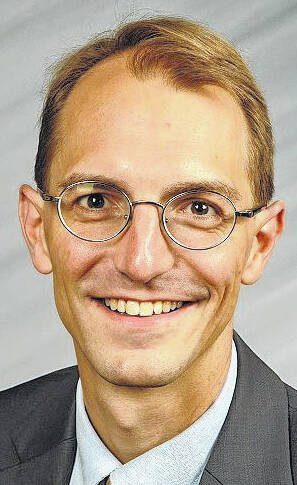
“Let him get an eagle on his button, and a musket on his shoulder and bullets in his pocket, there is no power on earth that can deny that he has earned the right to citizenship.”
— Frederick Douglas
“There is but two results possible, one is slavery and poverty and the other is liberty and prosperity.”
— James Henry Gooding
I’ve been a history buff most of my life. I’ve tried to learn as much local history as possible since moving to Ohio three decades ago. I’m currently a member of the board of the Delaware County Historical Society and previously served as president of that board. And still, I had never heard of Camp Delaware. I suspect that many longtime local residents can say the same thing.
But you have an opportunity to change that one week from today when the Community Arts Network, a local nonprofit organization founded by Francine and Mark Butler to raise money for scholarships to support local Black students who are pursuing careers in the arts, stages a production called “Camp Delaware,” at 2 and 7 p.m. at the OWU Chappelear Drama Center, 45 Rowland Ave., Delaware. Admission is $20 for adults and $10 for students.
The production follows the path of the Black solider in the Civil War from rejection, to acceptance, through training and service, and shines a light on Delaware County’s pivotal role in Ohio’s contribution to the Union war effort.
When the war began on April 12, 1861, many in the north believed that the battle would be short and decisive. When it became clear that the Union Army was in for a long and bloody fight, statewide drafts of white men became the norm, and Secretary of War Edwin Stanton put out the call to recruit free Black men in the north.
Ohio had a problem, though. Even though Ohio was a free northern state, the 1803 state constitution contained elements of a “slave code” that, among other things, prohibited the arming of free Black men in militia units. Governor William Dennison (1860-1862), an ardent abolitionist who had refused the call from southern states to extradite fugitive slaves, nonetheless thought his hands were tied by the state constitution when it came to the service of Black soldiers in the war.
Governor David Tod (1862-1864), whom I’ll be portraying in the production, initially took the same position. But, under pressure from the federal government, and facing the reality that the governor of Massachusetts was recruiting Black soldiers in Ohio to meet that state’s draft totals, he eventually relented. As there was already a camp for white soldiers on the west bank of the Olentangy, Tod ordered the creation of a second camp on the east side for Black recruits.
Stanton, Dennison and Tod all appear briefly in the production, but it rightly focuses on the Black soldiers, their families, their experiences at Camp Delaware and in the war effort, and those from Camp Delaware who earned medals of honor in their service to the Union army.
Music is interspersed throughout the production, including original pieces by Francine Butler and Anne Gadd, as well as several hymns and spirituals that the audience will recognize.
Delaware City Council member Caitlyn Frazier will speak, as will Dr. Kelly Mezurek, author of “For Their Own Cause.” President Lincoln, himself, might just make a guest appearance.
I’ve learned an incredible amount about Camp Delaware from researching Gov. Tod, and much, much more from watching the other portions of the production. If you’re a Civil War buff, interested in local history, or enjoy music and theater, this is a production that you won’t want to miss.
David Hejmanowski is judge of the Probate/Juvenile Division of the Delaware County Court of Common Pleas, where he has served as magistrate, court administrator, and now judge, since 2003. He has written a weekly column on law and history for The Gazette since 2005.

